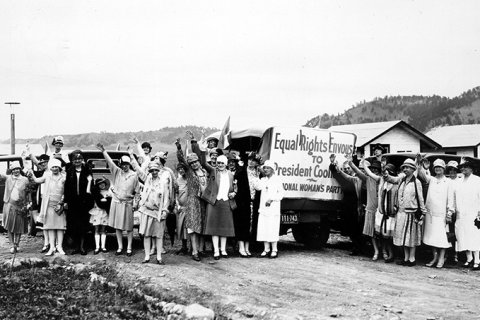Uses of the Past

Quoting authorities from the past, such as the famous cultural historian Johan Huizinga, is one of the many ways history is used. In this case, it is used to legitimize our pursuit of a cultural history which actively bridges science and society.
History is the spiritual form in which a culture testifies of its past.
In terms of content, we focus on the way(s) individuals, groups and whole cultures or societies shaped and give meaning to the past. In that process, academic historiography has a role, but it is and has never been all-determining. History is equally made and enjoyed in or through public institutions such as archives, museums and schools, and popular media such as newspapers, films, games and podcasts. We therefore study the handling of the past in the wide range of practices of history making.
All these uses of the past are a source of information and pleasure, create economic value, shape personal and collective identities, but also create divisions. Much of our research therefore focuses on issues of power. We study political-ideological, economic and other mechanisms of appropriation, inclusion and exclusion in the production, distribution and consumption of culture in the form of history. We do this in connection with society, by doing public history.
Examples
Together with social partners, we formulate themes and questions, conduct research and/or translate the results into products that reach a wider audience and contribute to a more critical handling of the past in the present. Some examples are:
- Marijke Huisman researched the history of Bookstore Savannah Bay (in Dutch).
- History students, led by Pim Huijnen, research the history of Utrecht in the podcast DOMcast (in Dutch), based on questions from Utrechters themselves.
- Hanneke Tuithof is involved in the re-evaluation of the Canon of the Netherlands (in Dutch), and refresher courses for history teachers (in Dutch).
- Gertjan Plets researched the fossil industry in museums.
- Steije Hofhuis researched witchcraft (in Dutch).
- Joost Dankers researched business in the twentieth century and initiated the three biographies on the Dutch kings William I, II and III.

